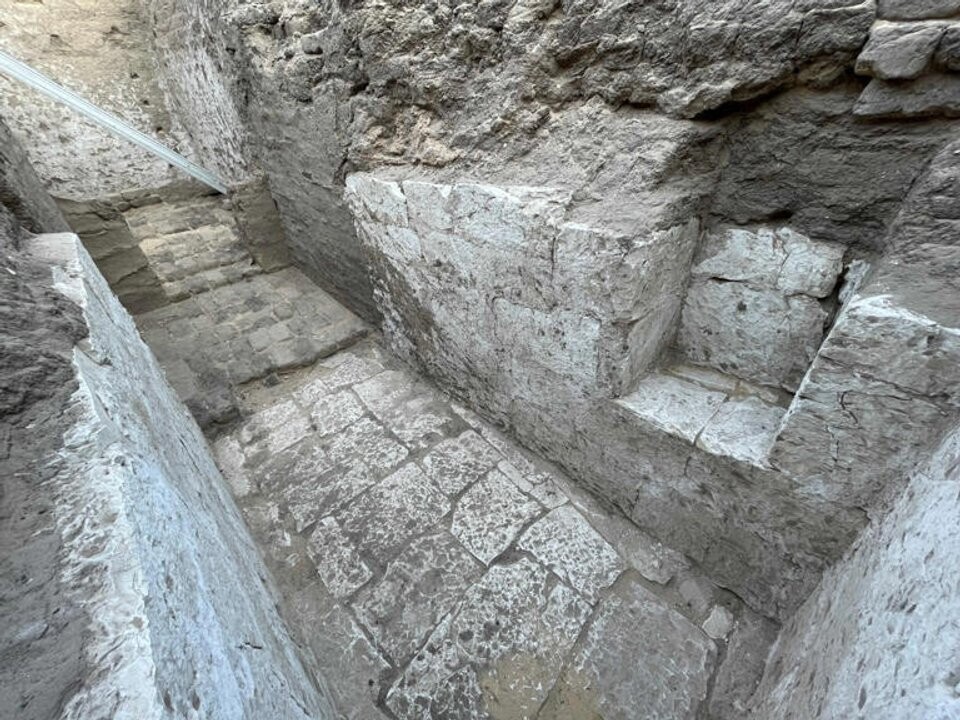
A U.S.-Egyptian archaeological mission has made a significant discovery in the Monte Anubis cemetery of Abydos, in the central province of Sohag. This is a royal tomb belonging to an unknown monarch from the Second Intermediate Period, according to the Egyptian Ministry of Tourism and Antiquities.
The Ministry highlighted that this finding sheds new light on the development of royal tombs in the Monte Anubis necropolis, which dates back to the Abydos dynasty. This dynasty ruled Upper Egypt between 1700 BC and 1600 BC. Remains of inscriptions were found on both sides of the tomb entrance, leading to the burial chamber of the goddesses Isis and Nephthys, with yellow bands that once bore the king's name in hieroglyphs.
The discovered tomb is larger than those previously known and is attributed to the Abydos Dynasty. So far, the name of the tomb's owner has not been identified. This finding provides new information about the kings of this dynasty, contributing to a better understanding of the complex political history of the Egyptian Second Intermediate Period.
Additionally, the same archaeological mission had previously discovered, in northern Abydos in 2021, the remains of what is believed to be the oldest known mass production beer factory, with an estimated age of 5,100 years.











